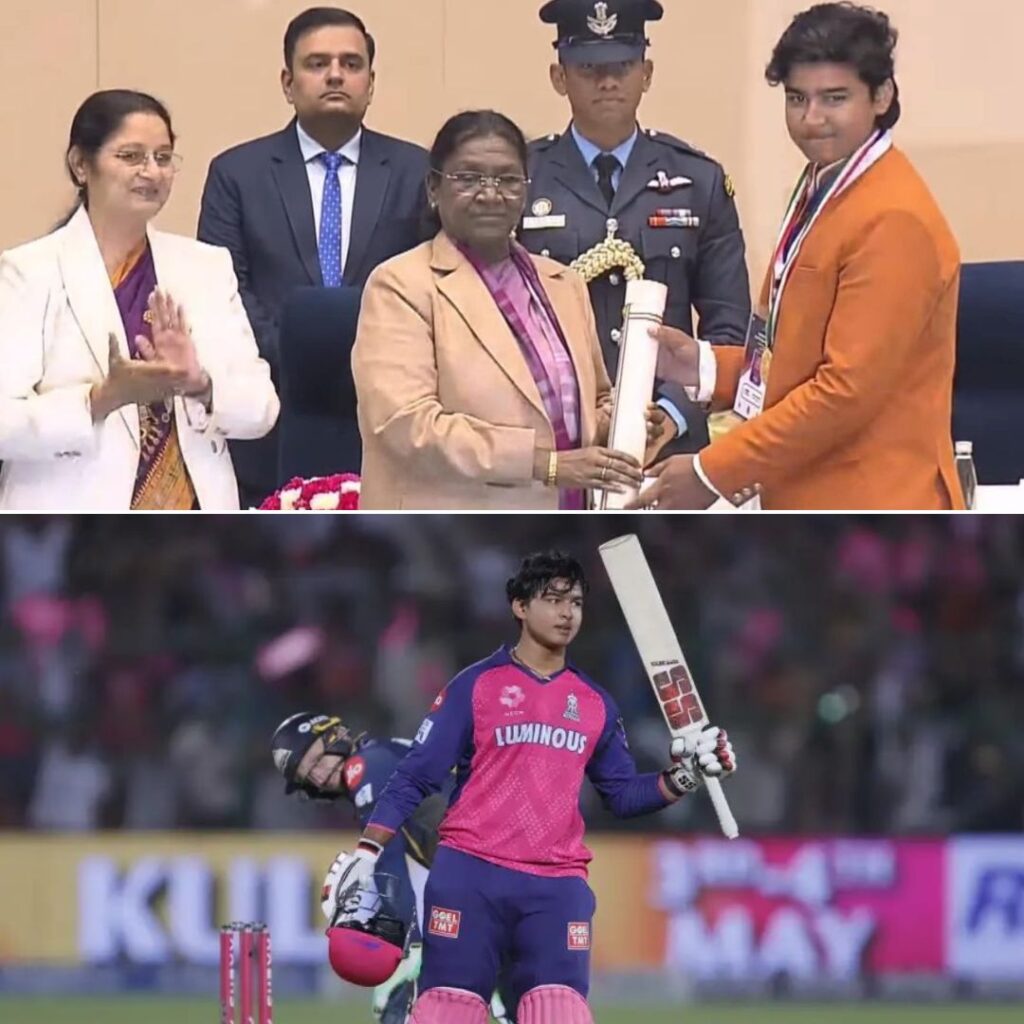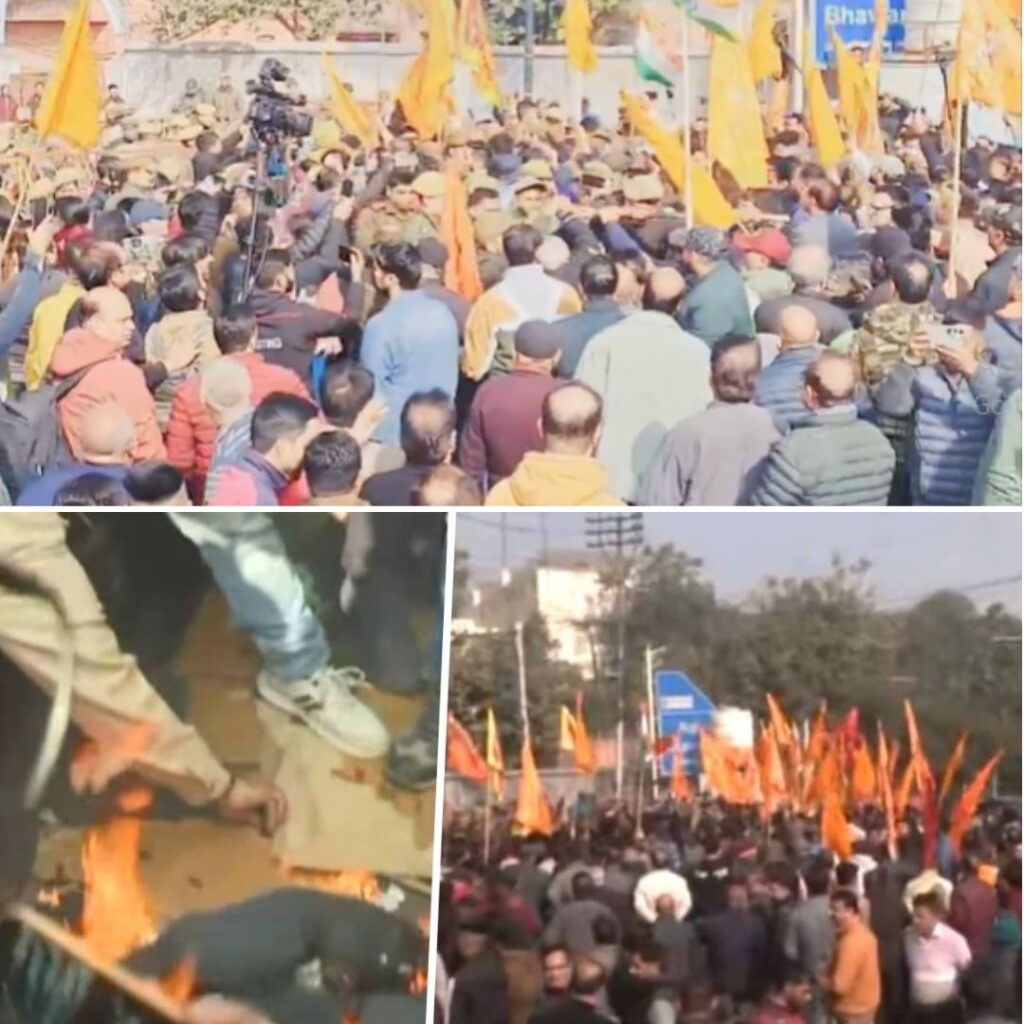On Thursday, former President Pranab Mukherjee addressed the closing ceremony at a Rashtriya Swayamsevak Sangh (RSS) event to mark the conclusion of a three-year training camp for ‘swayamsevaks’ in Nagpur.
Defining Nation, Nationalism, and Patriotism
Dr. Pranab Mukherjee started his address with the definition of three words in the Indian context, namely, Nation, Nationalism, and Patriotism. He said, “Nation is defined as a large group of people sharing the same language, heritage. Nationalism is defined as identifying oneself with one’s nation. Patriotism is defined as devotion to one’s own country. Our national identity has emerged after a long-drawn process of confluence and assimilation, the multiple cultures and faiths make us special and tolerant.”
Furthermore, he warned against defining a nation by religion, dogma or intolerance, citing that the idea of India stemmed from Universalism.
The Indian History
He then went on to trace the history of India, quoting a Bengali verse, showing how various cultures and identities shaped the modern face of India. He elucidated, “Throughout 4,500 years of changing political conquests and fortunes, the essence of the country remains the same. We derive our strength from tolerance. We accept pluralism. We celebrate our diversity.”
Additionally, he reflected upon the contributions of those who helped India attain the status of a democracy and said, “On 26 January 1950, the Constitution of India came into effect. Democracy became our most precious guide towards peace and regeneration from the swamp of poverty created by centuries of colonial rule. For us, democracy is not a gift, but a sacred trust.”
Emphasizing the vitality of our Constitution, he stated, ”The Constitution of India represents the hopes and aspirations of a billion plus Indians. From our Constitution flows our nationalism. The construct of Indian nationalism is Constitutional patriotism.”
His 50 Years of Political Life
Drawing experiences from his own political career, he said, ”India’s nationhood is not one language, one religion. It is perennial universalism of 1.3 billion people who use more than 122 languages and 1,600 dialects, practice seven major religions and belong to three major ethnic groups, live under one system, one flag and one identity of being Bhartiya.”
“In a democracy, informed and reasoned public engagement on all issues of national importance is essential. Dialogue is necessary not only to balance the competing interests but also to reconcile them”, he added.
He then went on to quote Mahatma Gandhi who said that the Indian Nationalism was neither exclusive nor aggressive. He also quoted Nehru, who in his book ‘Discovery of India’ said, “I am convinced that nationalism can only come out of the ideological fusion of Hindu, Muslims, Sikhs and other groups in India.”
An era of ‘Darkness.’
The Former President also mentioned the growing intolerance in the country, which according to him will ‘dilute our national identity.’ He was quoted as saying, “We must free our public discourse from all kinds of fear and violence.”
Harping on the ‘darkness’ which looms large over our nation, he said, “Our motherland is asking for peace, harmony, happiness.”
For the People, By the People, Of the People
Towards the end of his 41-minute-speech, he stated that democracy has people at its soul. He opined, “People are at the center of all activities of the state, and nothing should be done to divide them. The aim of the state should be to galvanize them to fight a concerted war against poverty, disease, and deprivation. Only then can we create a nation where nationalism flows automatically”.
Lastly, he quoted the Kautilya Shloka, which states, “the happiness of people lies the happiness of the king, their welfare is his welfare. The state is for the people.”











